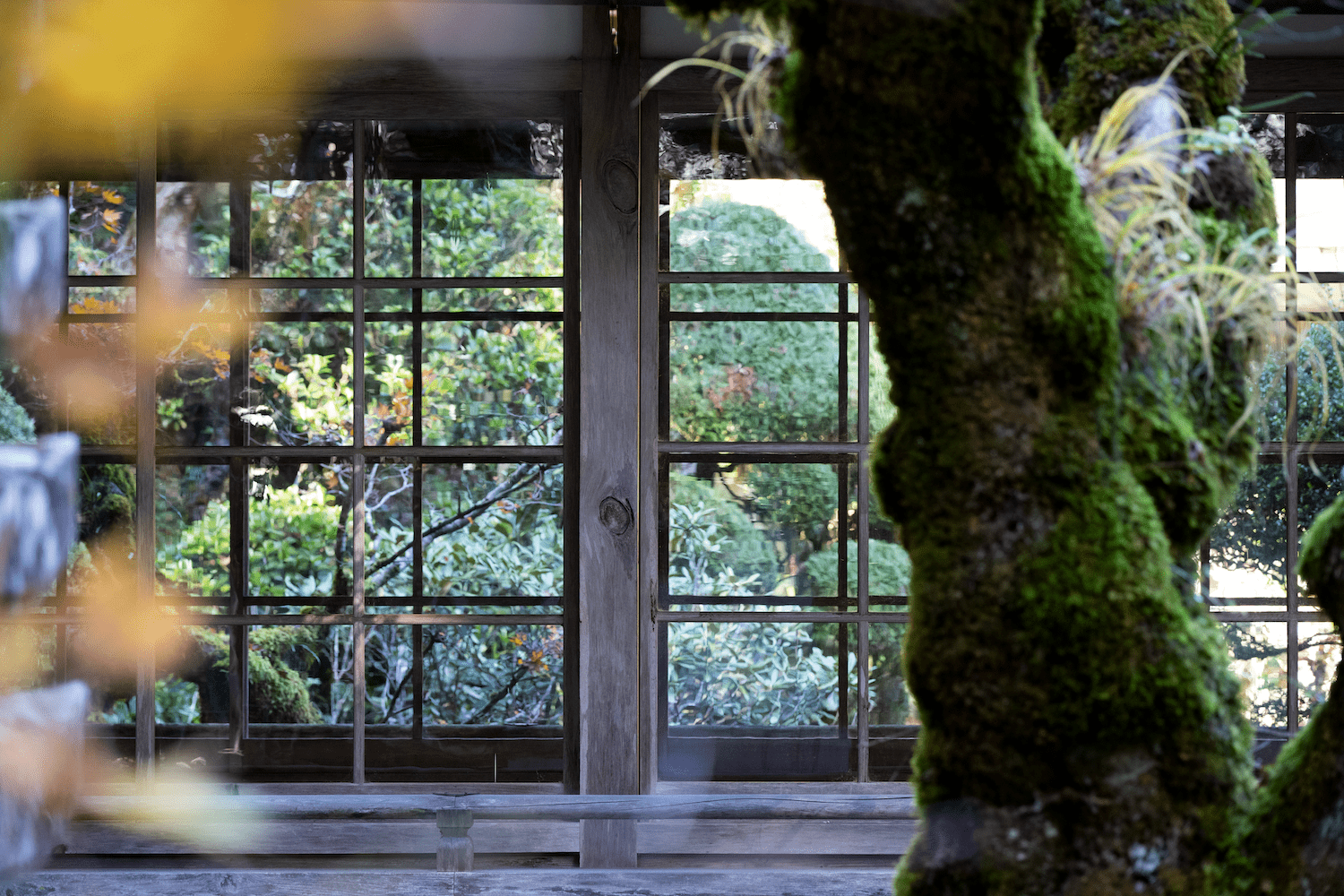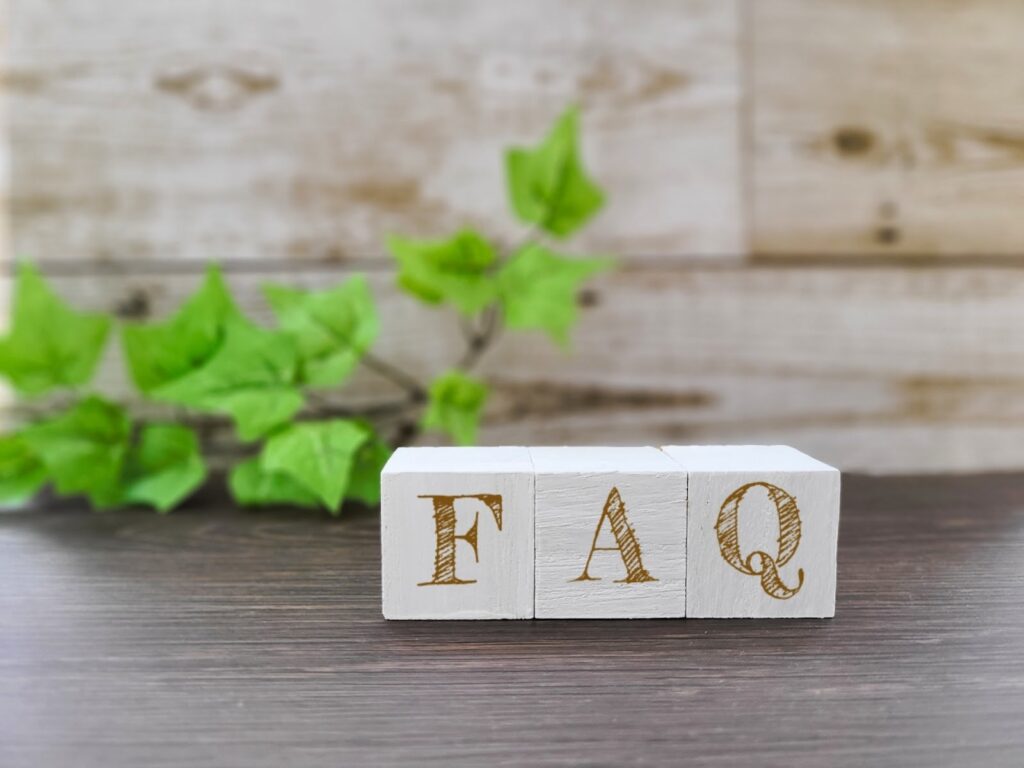Meditation for Anxiety: Finding Calm from Night to Day

Sleepless Nights of Overthinking
“Will tomorrow go well?” “What will happen in the future?”
Have you ever found yourself lying awake, unable to stop these thoughts, caught in the loop of insomnia fueled by worry?
Many people experience sleepless nights, especially during times of career changes or major life transitions. But with meditation for anxiety—using mornings as a time to regain calm and evenings as a way to let go of the day—small but steady changes can appear in how we relate to stress.
Meditation is not a quick fix to erase fear. Yet it can ease stress, calm the nervous system, and nurture a steady sense of peace that helps us coexist with anxiety. This practice has become a foundation for living with greater emotional balance.
Here, we’ll share how daily meditation for anxiety can support you when the future feels uncertain, along with the shifts it brings to mind and body.
Morning Meditation for Anxiety: Grounding the Mind Before Stress Takes Over

Have you ever woken up with racing thoughts like, “What if I can’t handle today?” or “Is my future really going to be okay?” On mornings before high-pressure meetings, many feel swallowed by anxious thoughts. That’s when opening the Gassho app, playing five minutes of natural sounds or chanting, can change the rhythm of the day. Focusing on sound interrupts the endless “future stories” and brings attention back to the present moment. Then it becomes clear: all we need to do is focus on the next step. We cannot control the future. But by taking time for meditation for anxiety, we regain balance, calm the nervous system, and create space for focus. This is where its true effect reveals itself.
Evening Meditation for Anxiety: Creating a Gentle Boundary Before Sleep

Night meditation is a way to let go of the day. And the more anxiety builds at night, the more deeply this practice can reach us. A common experience: the night before an important presentation, thoughts circle endlessly—“What if I can’t explain well? What if they react badly?” The mind spins, and sleep feels impossible. By opening the Gassho app, playing the soft sound of a bell and brief sutra chanting, and lying in bed simply listening—without trying to push anxiety away—thoughts slowly begin to settle. Eventually, rest arrives. Evening meditation is not about eliminating anxiety. It’s about creating mental space where rest is still possible despite it. The gentle sounds from the Gassho app support this transition, helping improve sleep and reducing insomnia without the need for screens.
Meditation Builds Strength to Walk With Anxiety
What may begin as “quiet time in the morning” and “a boundary at night” can become a foundation that prevents us from being swept away by fear of the future. Anxiety doesn’t vanish. But meditation for anxiety helps us notice, “This is simply a period when anxiety feels stronger.” That shift allows breathing with it, instead of being consumed by it. It means having a safe place inside. Through the Gassho app and a simple daily practice, many have cultivated that place little by little. Just returning to the present, even briefly, can transform stability and resilience.
A Small Step You Can Take Tonight
Meditation won’t erase anxiety overnight. But it does nurture the inner space that makes it possible to coexist with it. If your mind feels restless tonight, open the Gassho app, choose a natural sound or chant, and just listen for three minutes. Even without looking at the screen, you may notice a gentle shift in how you feel. For many, Gassho has become both a form of meditation for anxiety and a companion on sleepless nights.
Yuka, Team Gassho
Frequently Asked Questions

FAQ 1: Can meditation really reduce anxiety?
Answer: Meditation doesn’t make anxiety disappear, but it helps you observe stress more objectively and maintain emotional balance.
Real Results: A Harvard study found that more than 60% of participants experienced reduced anxiety levels within two weeks of consistent meditation.
Takeaway: Meditation doesn’t erase fear—it teaches you to live calmly alongside it
FAQ 2: Does meditating at night help with sleep?
Answer: Night meditation soothes worry and prepares the body for relaxation, making it easier to fall asleep.
Real Results: Meta-analyses on mindfulness meditation show it improves insomnia and enhances sleep quality in both short- and mid-term studies.
Takeaway: Meditation gently quiets the mind and opens the door to rest
FAQ 3: Is it better to meditate in the morning or at night?
Answer: Morning meditation helps organize thoughts about the future, while evening practice supports letting go of the day.
Real Results: Many practitioners report improved focus after morning meditation and greater calmness from evening practice.
Takeaway: Morning builds momentum, evening restores peace
FAQ 4: Does short meditation really work?
Answer: Even three to five minutes of meditation can reset the mind, ease stress, and calm the nervous system.
Real Results: Studies show that even three minutes of daily meditation significantly reduces perceived stress levels.
Takeaway: Just a few minutes can create a small but powerful reset
FAQ 5: What breathing techniques help during strong anxiety?
Answer: Deep abdominal breathing or counting breaths can stabilize the nervous system and reduce stress.
Real Results: Research confirms that slow breathing activates the parasympathetic system, and many practitioners report immediate calm during anxious moments.
Takeaway: Breathing is an always-available anchor for the mind
FAQ 6: Are meditation apps really helpful?
Answer: Guided meditation and audio support make it easier for beginners to build a practice and feel safe.
Real Results: Many beginners report that meditation apps like Gassho help them recover more smoothly during anxious times.
Takeaway: Tools and support systems make consistency possible
FAQ 7: Can meditation help with stress management?
Answer: Yes. Meditation lowers stress hormones, improves focus, and enhances emotional regulation.
Real Results: Meta-analyses show that over 50% of regular meditators report reduced stress levels.
Takeaway: Meditation strengthens resilience against everyday stress, not just anxiety
FAQ 8: How soon can you feel the effects of meditation?
Answer: Many people notice improved sleep or calmness after one to two weeks of daily practice.
Real Results: Research shows that after one to two weeks of daily meditation, many users experience better sleep and reduced anxiety.
Takeaway: Small consistency leads to big change
FAQ 9: Is meditation effective for people with anxiety disorders?
Answer: Combined with professional treatments like Cognitive Behavioral Therapy (CBT), meditation can support recovery and symptom relief.
Real Results: Mindfulness-Based Cognitive Therapy (MBCT) has been shown in multiple studies and meta-analyses to reduce stress and anxiety symptoms.
Takeaway: Meditation works best as a complement to clinical care
FAQ 10: How can I make meditation a daily habit?
Answer: Start small—even three minutes each morning or night—and attach it to daily routines for consistency.
Real Results: Studies find that starting with just three minutes a day helps practitioners form a consistent habit over time.
Takeaway: Consistency creates stability and calm that lasts
Related Articles
- Harvard Health Publishing — Study on how meditation eases anxiety and stress
- Meta-analysis of mindfulness meditation for insomnia — Evidence showing short- and mid-term effectiveness for sleep improvement
- Find Calm Like the Wind | How One Minute of the Google Breathing Exercise Can Expand Inner Stillness — Official Gassho blog article introducing a one-minute Google breathing exercise and how the Gassho app supports daily calm
- Morning Meditation to Start Your Day | How to Begin a Morning Practice — Official Gassho blog article on starting the day with meditation using the Gassho app to restore balance and focus



